A U.S. political science professor has acknowledged that while strategic competition defines the relationship between the United States and China, there are areas where cooperation between the two nations is both possible and necessary.
In an exclusive interview with China Daily's Media Unlocked, John Mearsheimer, a distinguished political science professor at the University of Chicago, said that global issues such as climate change and nuclear proliferation require joint efforts, but such cooperation would always occur within the broader context of competition.
"Cooperation can take place, but it will always be subordinated to the competition," Mearsheimer said.
He emphasized that the U.S.-China rivalry will shape international relations for the foreseeable future. "This is a competition that will last for many decades, if not the rest of the 21st century," he said.
The competition between the U.S. and China is frequently misinterpreted as a battle between different ideologies, but in reality the core issue is power, with the U.S. attempting to contain China's rise, he said.
Dismissing the ideological framing of bilateral relations as a battle of so-called "democracy" versus "authoritarianism", he said: "It's not about ideology. What's changed is the balance of power."
Mearsheimer said the U.S. and China had cooperative relations from 1991 to 2017. The shift, he said, was driven by China's growing economic and military power.
He acknowledged that the U.S. uses the ideological rhetoric to bolster its own position globally, casting China as the "bad guy" and the U.S. as the "good guy". However, he argued that the real dynamics at play are much more pragmatic, revolving around strategic interests and power rather than values.
"The U.S. is principally interested in containing China," Mearsheimer said about the strategic objective of U.S. policy. He added that Washington is deeply concerned about China's rising influence, and these concerns have driven the U.S. to pursue a policy of containment, often referred to as the "pivot to Asia".
Mearsheimer said the U.S. fears that China will challenge its dominance in the East Asia region.
However, U.S. efforts to contain China are complicated by its involvement in other issues, such as the Russia-Ukraine conflict and the Palestine-Israel conflict, he said.
"This all works to China's advantage," Mearsheimer said, suggesting that the U.S. is unable to fully concentrate its resources on countering China.
When asked about U.S. restrictions on China's access to semiconductor technologies, he expressed skepticism about their long-term effectiveness. "In the short term, the U.S. can hurt China," he said, but he believes China will ultimately overcome these challenges.
"China has a large pool of brilliant engineers and scientists, and it has a history of developing cutting-edge technologies. I'm confident that China will rise to the occasion and develop a highly sophisticated semiconductor industry," Mearsheimer said.
He acknowledged that while the U.S. might have been able to slow China's economic growth in the 1990s or early 2000s, those days are gone.
He said that China's economic rise has made it a peer competitor to the U.S. in terms of economic and technological capabilities.
Mearsheimer noted four potential flash points that could lead to direct conflict between the U.S. and China: the Taiwan Strait, the South China Sea, the East China Sea and the Korean Peninsula.
Despite these concerns, Mearsheimer said he believes that a direct war between the U.S. and China is unlikely, primarily because of the deterrence provided by nuclear weapons.
"Nuclear weapons make both sides extremely cautious," he said. "The presence of these weapons gives the leadership in both Beijing and Washington powerful incentives to avoid escalation."
However, he cautioned that crises between the two powers are inevitable, and careful management will be required by each to prevent conflict.








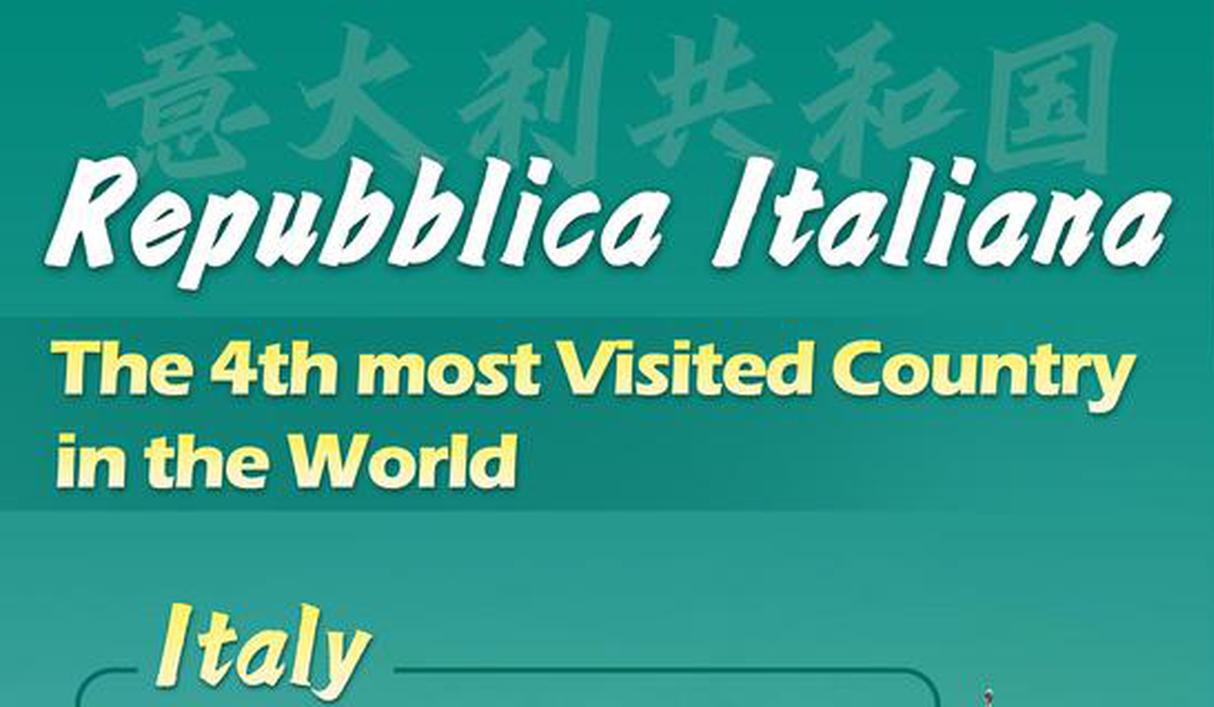

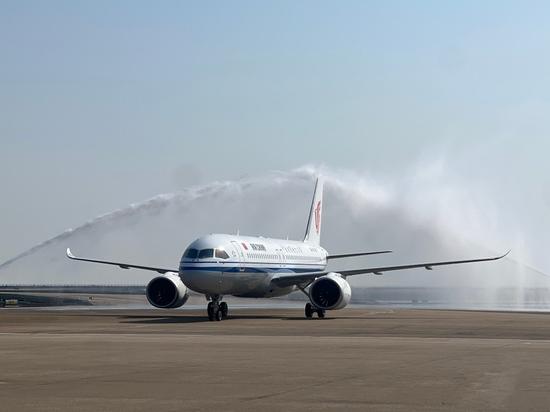

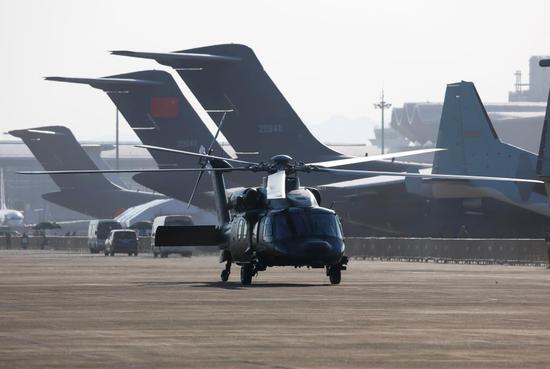
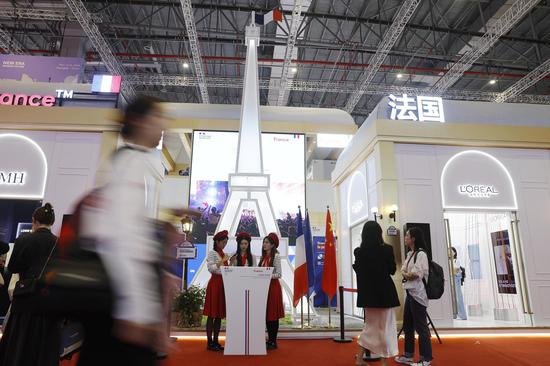
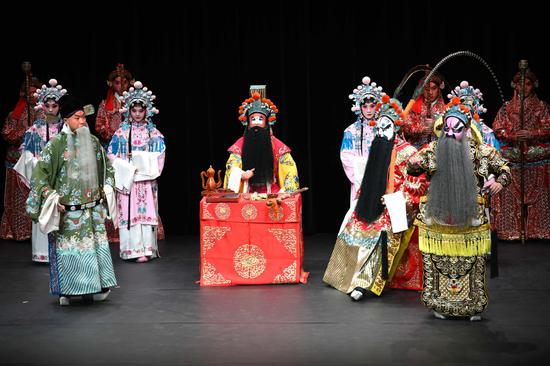



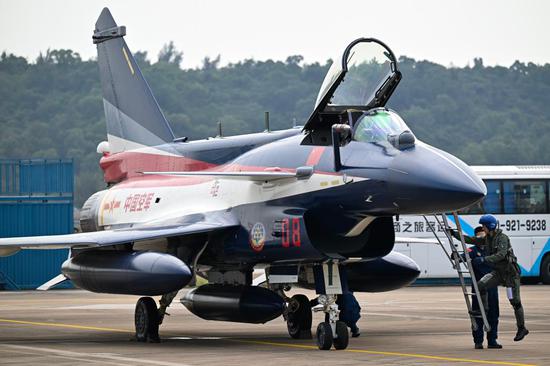


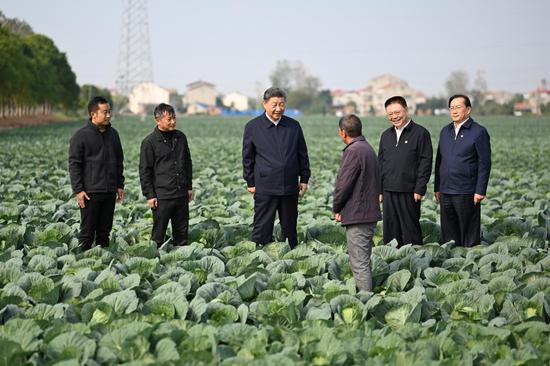
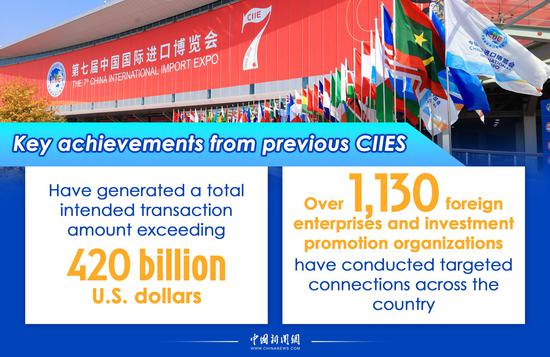
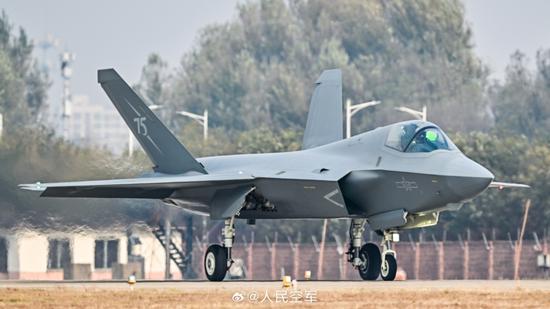
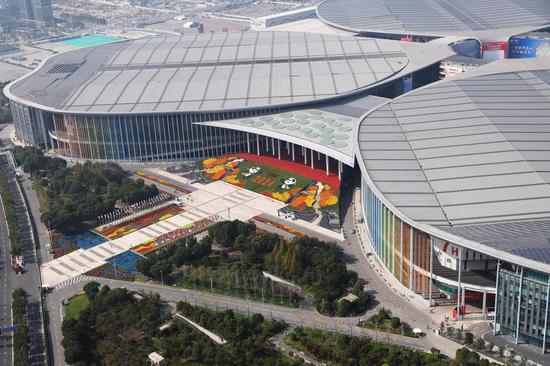
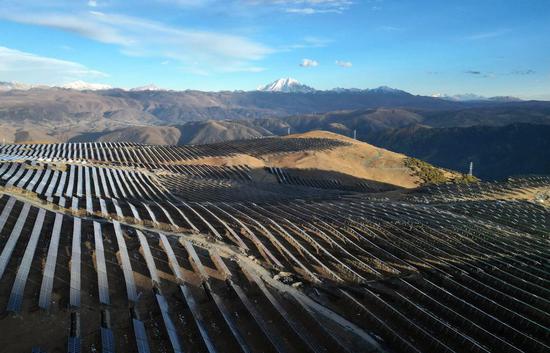


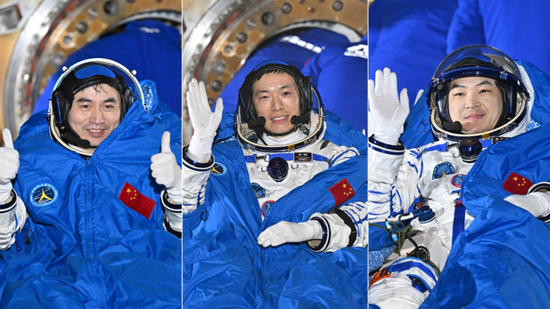
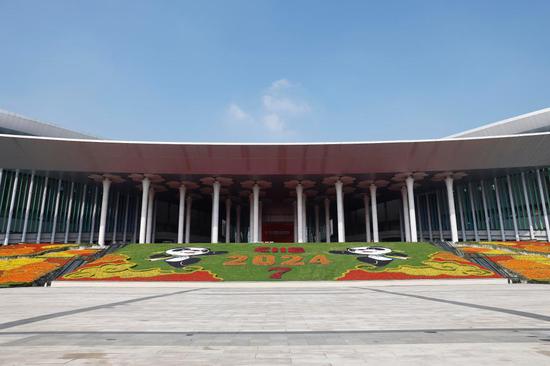

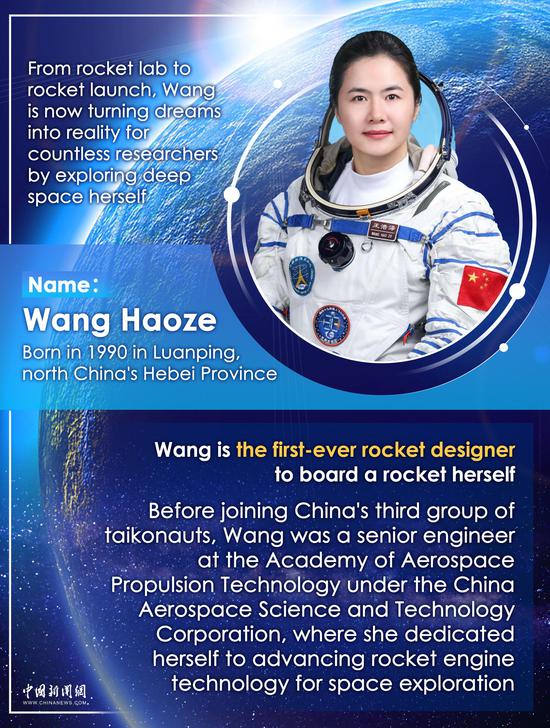
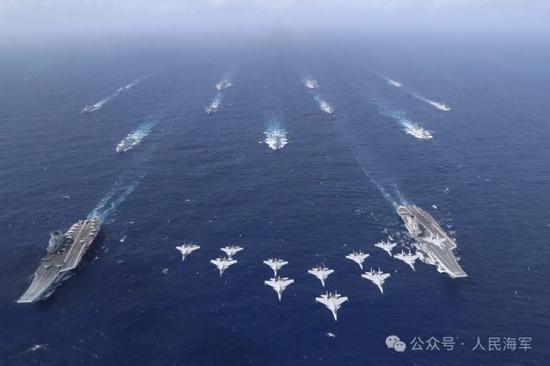
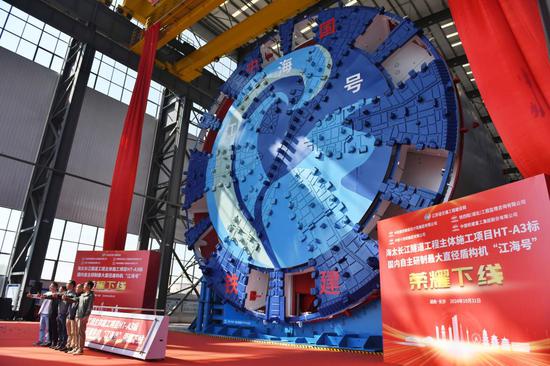




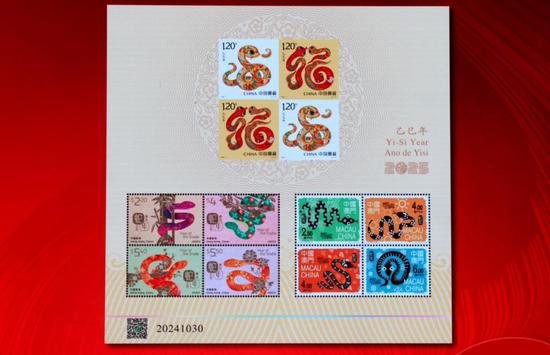

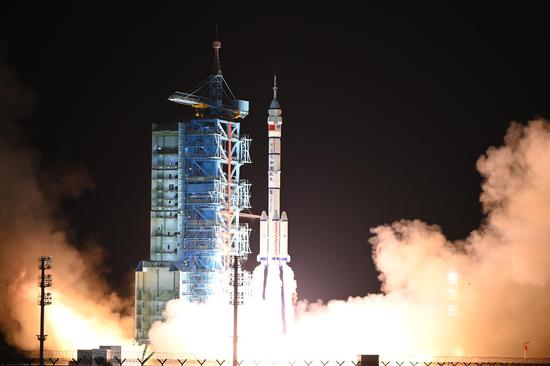
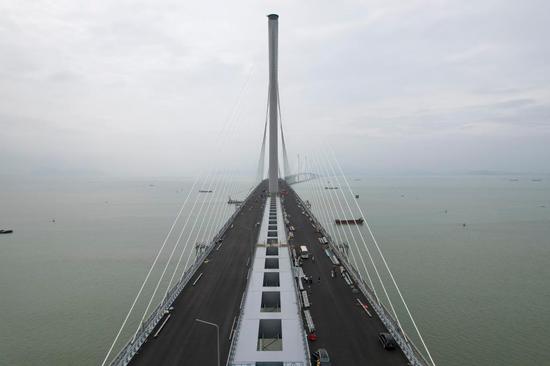
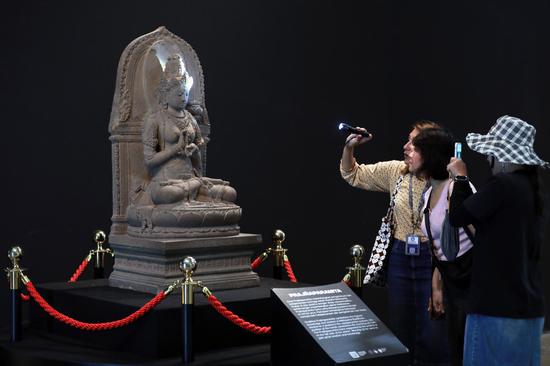
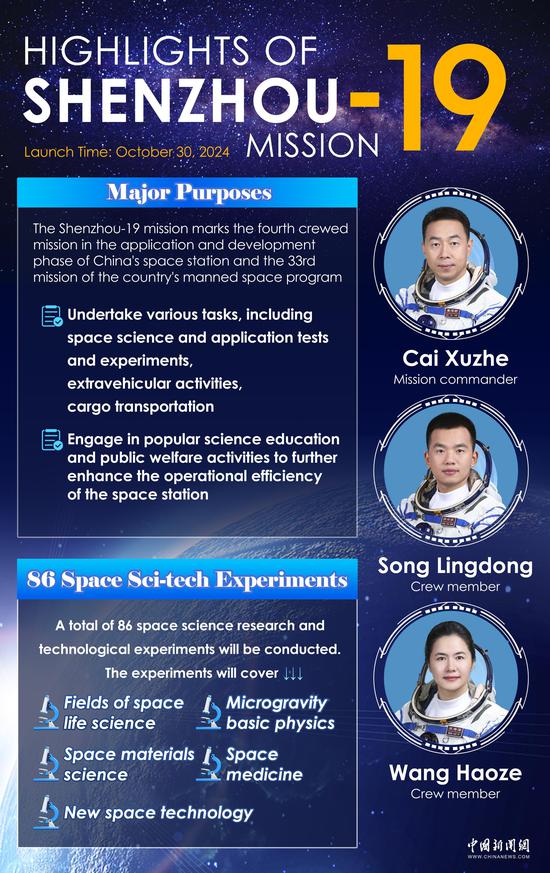
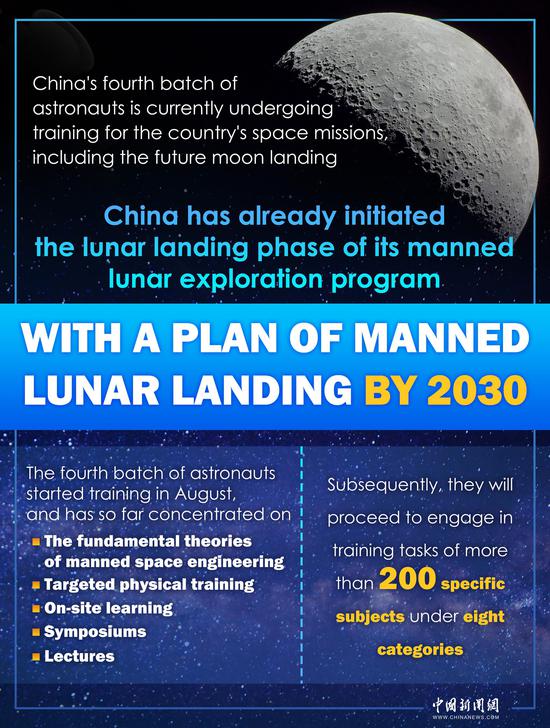



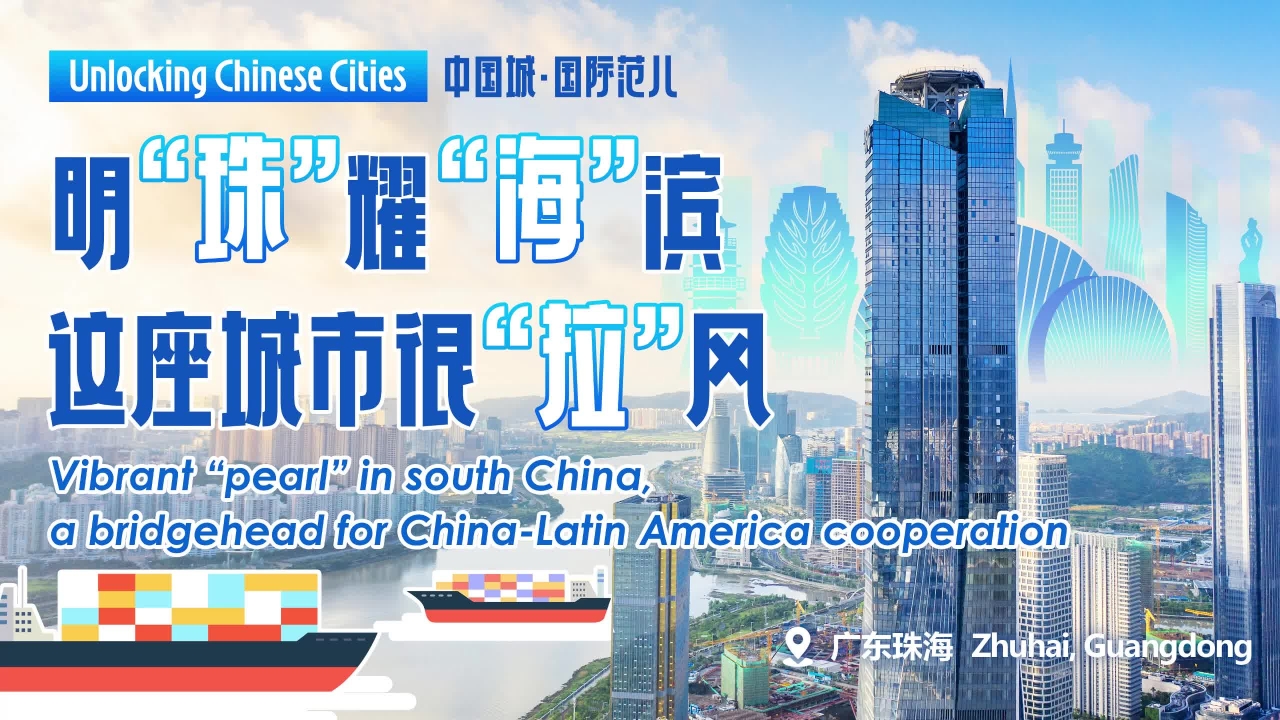

 京公网安备 11010202009201号
京公网安备 11010202009201号